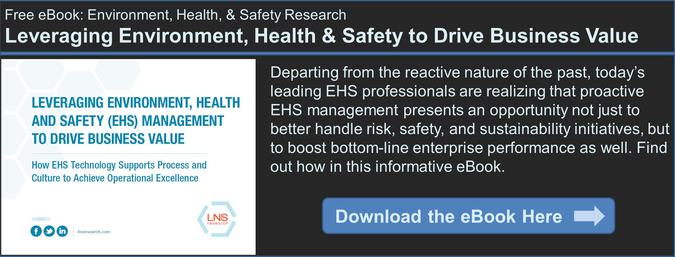Whether we're discussing the evolution of manufacturing professionals' job roles (and careers in general), the technology used to support operations, or the initiatives that move the space forward, there never seems to be a dull moment in the manufacturing sector--especially today. With that in mind, this week's roundup highlights a few blog posts and news articles from around the industry.
Initially reported by Manufacturing.net, the Washington, D.C. based think tank Economic Policy Institute stated that manufacturing jobs hold a premium of $1.78 per hour over comparable positions outside the manufacturing sector, an annualized amount of just over $3,700. According to Alliance for American Manufacturing (AMA) President Scott Paul, "This report makes clear just how crucial the manufacturing sector is to the nation's economy," adding, "Manufacturing's wage premium is a clear path to the middle class."
Another statistic from the report, "The Manufacturing Footprint and the Importance of U.S. Manufacturing Jobs," says that in 2013 manufacturing jobs accounted for 8.8% of total U.S. employment, a number that jumps to 21.3% if indirectly related jobs are factored in, despite a loss of 5.7 million manufacturing jobs between March 1998 and 2013. More Details...
Many food & beverage companies understand all too well the devastating effects of a product recall. On top of potentially millions of dollars in lost product, the public backlash can cause serious and irreparable damage to a brand. The FDA's Food Safety Modernization Act (FSMA) of 2010 has raised the bar in preparation by moving the burden of action for food & beverage companies to prevention rather than reactive response. Over at Sparta Systems, featured blogger Kelly Kuchinski discusses how automated QMS processes are key to increasing the level of operational standardization that is so important in meeting FSMA requirements. More...
Corporate Knights, a Toronto-based media and research company focused on promoting environmentally friendly business released its annual Top 100 list of global multibillion dollar corporations with U.S. biotech firm Biogen Idec claiming the top spot. Over 4,600 companies were judged on a mix of 12 criteria including factors such as revenue generated per unit of energy consumed, water conservation efforts, and work time lost to injury, among others. Twenty companies on the list are headquartered in the U.S., with France and Canada claiming 12 companies apiece and the U.K. at 11. For more on the criteria and list members, see the full story.
When it comes to talking about Big Data, the conversation is often dominated by the enhancement of analytics, predictive capabilities, and most of all, improved profits. However, one area where the Big Data talk is still very low volume is how it affects Environment, Health & Safety (EHS) concerns. In this blog post, Research Analyst Paul Leavoy addresses three key areas where Big Data will have increasing influence over EHS performance as the resulting data is able to inform EHS professionals about potential events and address them before they occur.
